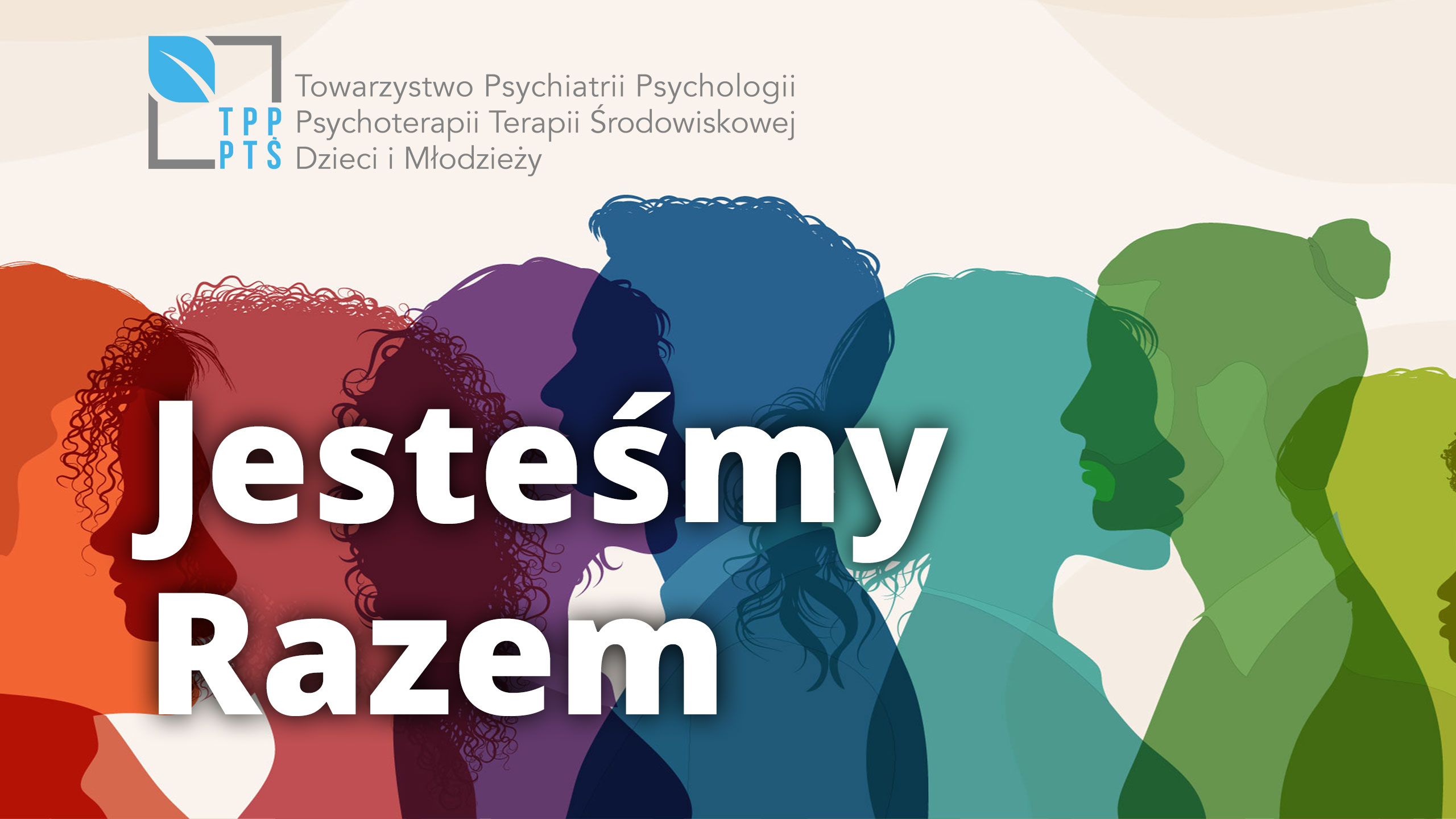The aetiology of autism spectrum disorders. An overview of current approaches
 Affiliacja i adres do korespondencji
Affiliacja i adres do korespondencjiDespite the great popularity of autism among researchers, its main cause still remains unknown. However, there are many theories which describe the mechanisms of this disorder. On the other hand, one who tries to integrate them seems to be helpless according to their contradictory and – in most cases – hypothetical status. In a context of this inaccuracy, focusing only on one of the concepts would be probably very disadvantageous. As many researchers suggest, the etiology of autism is complex and it is the interaction of multiple factors which implies the disorder appears. It seems that the nature of autism is equifinal and heterogeneous. Thus, the aim of this article is to present a review of current biological theories of autism etiology and to indicate the environmental as well as innate risk factors which may disturb the natural pathway of child development: prenatal (which increase the probability of autism emergence as early as in the first or second year of life) or perinatal ones (low birth weight, hypoxia, age of the mother, her educational status). The foetal testosterone theory of autism and its general consequences for the child development will be described also. Finally, the neurological, neurochemical and neuroanatomical dysfunctions in autism will be presented.














